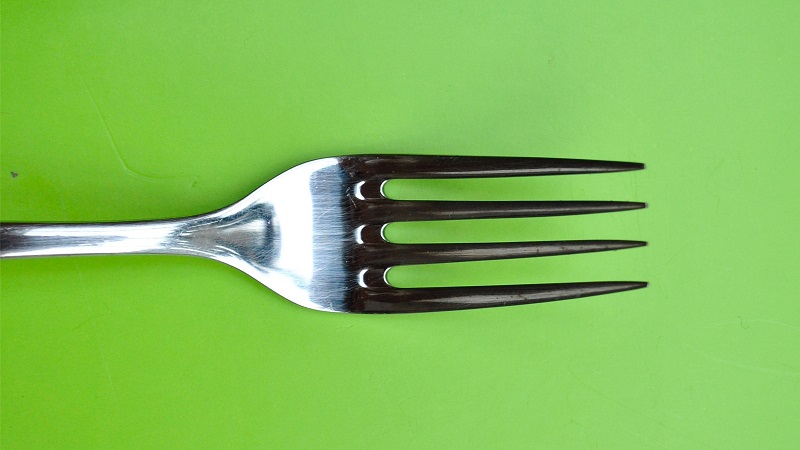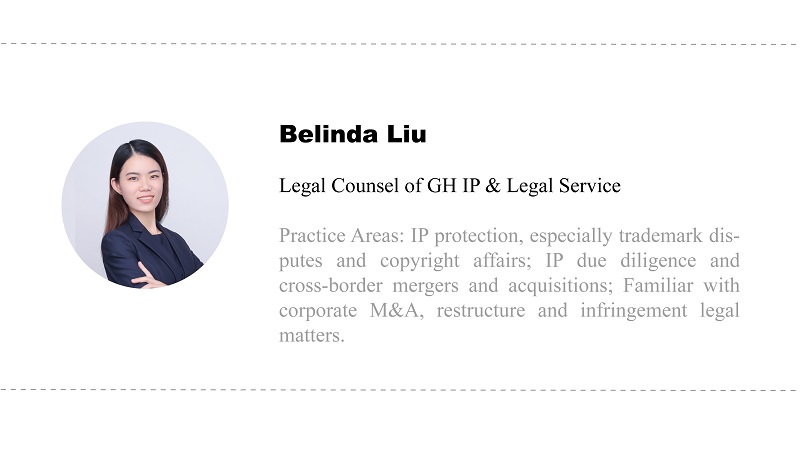The Food & Beverage (F&B) industry is a system that contains various subordinate industries such as wine, beverages, fruits, meat, etc. According to Nice Classification, the core classes for F&B industry are mainly Class 29 (foodstuffs of animal origin, as well as vegetables and other horticultural comestible products which are prepared or preserved for consumption), Class 30 (foodstuffs of plant origin, except fruits and vegetables, prepared or preserved for consumption, as well as auxiliaries intended for the improvement of the flavour of food), Class 31 (land and sea products not having been subjected to any form of preparation for consumption, live animals and plants as well as foodstuffs for animals), Class 32 (non-alcoholic beverages, as well as beer) and Class 33 (alcoholic beverages, essences and extracts).

The Omnipotent Class
Core classes are very important as they cover the main businesses of brand owners. However, in actual practice, except core classes, we also suggest services-targeted classes associated with the core business, among which Class 35 is usually the first recommendation. Class 35 is known as “omnipotent class” as it contains “advertising/publicity; business management; business administration; office function” which is protective to all industries and business activities of various kinds. As the most vulnerable class to malicious squatters and also the most popular designation class to brand owners, the non-registration in this class is usually resulting in higher chances of infringement and bigger obstacles of expanding business within the territory. Except Class 35, for food industry, other classes such as Class 39 (transporting, packaging and storage of food), Class 40 (processing of food and beverage), Class 43 (services for providing food and drink), Class 44 (health care and consulting services) are also suggested as the case may need.
Seek Protection Beyond The Core Business
Other than protecting the current business in the F&B industry, it is also important to pay attention to related classes to the core business and consider a possible extension of it in the future. For example, Class 1 (chemicals for food industry, such as gluten or vitamins for the food industry), Class 2 (food colorant), Class 3 (cleaning preparations), Class 5 (dietetic food and substances adapted for medical or veterinary use; food for babies; dietary supplements), Class 7 (metal container for kitchen), Class 8 (packaging machine; household appliances for kitchen; cutlery), Class 11 (cooking and domestic electrical heating equipment, food processing machines, such as microwave oven), Class 12 (dining car), Class 16 (tissue/napkin, plastic wrap), Class 17 (packing and filling materials, etc.), Class 20 (furniture, table, chair, sofa etc.), Class 21 (kitchen cooking utensils and containers, including tableware not included in other classes), Class 24 (table napkins, table linen, tablecloth), Class 25 (clothing, shoes and hats, such as hats and uniforms for chefs). All these classes can be taken into consideration while seeking for a comprehensive trademark registration in which classes to register/designate.
Generally speaking, if it is not possible to do a full-class and full-group registration, which is the IP protection strategy for well-known F&B brands with substantial influence among the Chinese general public, such as “STARBUCKS”, “PepsiCo” or “Coca Cola”, we suggest to take into consideration the related services-targeted classes together with the core business related classes as abovementioned.



